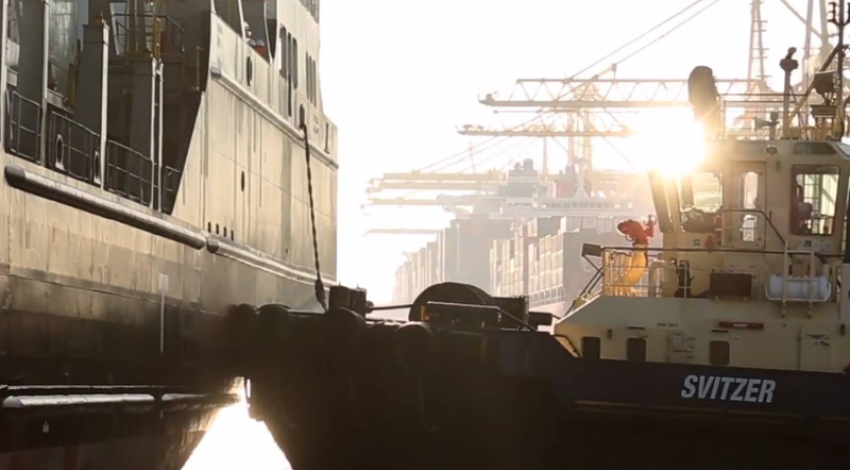
[Stop press: The Fair Work Commission on November 18 ordered Svitzer to suspend its lock-out for six months.]
Danish multinational tugboat company Svitzer has threatened to lock out workers at 17 Australian ports on November 18, rather than negotiate an enterprise agreement with the Maritime Union of Australia (MUA).
Svitzer claims the lock-out is a “matter of necessity”.
MUA national secretary Paddy Crumlin said on November 17 that tug crews had their fortnightly pay docked overnight, showing how “contemptuous” of their workers the company has become.
The Fair Work Commission (FWC) asked Svitzer on November 16 to voluntarily withdraw its lock-out, adding that the FWC has the power to suspend or terminate protected industrial action under section 424 of the Fair Work Act if it believes the “protected industrial action has threatened, is threatening, or would threaten to cause significant damage to the Australian economy or an important part of it”.
Crumlin criticised Svitzer for imposing a four year wage-freeze.
He said the FWC will likely direct Svitzer on November 17 to halt the lock-out and order a return to work because of its breach of “payroll obligations”.
He said Svitzer has been consistently trying to “detonate the industrial bargaining process”, regardless of the economic and industrial damage it would cause.
The MUA offered to withdraw all its protected industrial action in exchange for Svitzer dropping its lock-out.
“At every turn, the three maritime unions have and will continue to offer a good faith approach regardless of these provocations,” Crumlin said.
He said Svitzer “extracts hundreds of millions of dollars” from the economy “through a de facto monopoly operation”.
He said Svitzer’s Australian managers had “spent the past three years refusing to finalise a new employment agreement”. This effectively meant a wage freeze for workers “amid soaring inflation and massive corporate profits during a COVID-boom for shipping and logistics companies”.
The bosses lock-out will “wreck productivity, and prevent consumer goods and bulk commodities being loaded or discharged at major ports like Botany, Kembla, Melbourne, Newcastle and Brisbane,” Crumlin said.